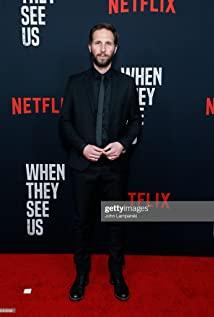There are frequent school shootings in the United States. The most recent case occurred in Connecticut last year, a tragedy that killed 28 people. Recently, due to local news reports in Australia, I have also noticed that there are more frequent local violent incidents. What causes young people to use violence to express their emotions? I would even argue arbitrarily that, in the eyes of these peers, violence has become a channel for them to gain outside attention.
In the pen of Lionel Shriver, the original author of "Kevin", Kevin also expressed a similar view through video: what about getting high scores in school exams, no one will pay attention to you for this.
Children make mistakes and parents, family education is not unrelated. Kevin's mother loves to travel the world and is not fully prepared for the sudden arrival of marriage and children. Crying after the birth of a child was disgusting in her eyes. Inadvertently, the mother who was pursuing freedom was bound by Kevin, and she failed to show her love for her child in front of Kevin.
Unable to get encouragement and love from the family, the only natural response is indifference.
The independent growth emphasized in the West is also not very compatible in the Chinese context, and it should be much less in the United States than in China. But the emotional bonds of families also seem to break more easily. Busy with work and have no time to take care of life and family, people have long been alienated in modern society. The family relationship has gradually lost its original warmth. Matter has become a single-plank bridge for communication between upper and lower generations.
Kevin has no spiritual communication with his mother, and he also seems to have inherited a maverick gene from his mother. Different interests and hobbies make them completely unable to discover each other's advantages in daily life. Disgust and criticality are the reasons why they still pay attention to each other. So two years after Kevin committed the crime, his mother still couldn't understand why his son would kill his family and classmates.
In fact, Kevin could not explain why he committed the crime. No one has cared about his spiritual world, and he is not used to frankly speaking to the outside world. He thinks the world in front of him is stupid, stale, stubborn, and even lifeless. Respect and cherish everything around you.
Lionel Shriver came to Beijing on March 10 for a salon interaction with readers. Although the theme of the scene revolved around her other book, The New Republic, it was also difficult for her to put aside the debut novel that made her famous.
She said in the salon that at the beginning of the creation, she did not like the character of Kevin, but at the end, she already liked him.
Lionel Shriver thinks Kevin is a very talented child, but like many people today, he only wants to be the protagonist on the stage, but there are always people in this world who want to be supporting roles. This fits in well with The New Republic's account of terrorists choosing to kill as a profession.
Lionel Shriver also said that when a person chooses to take the life of another person as a profession, he has no control, but at the same time, he also loses all rights as a human being.
View more about We Need to Talk About Kevin reviews











